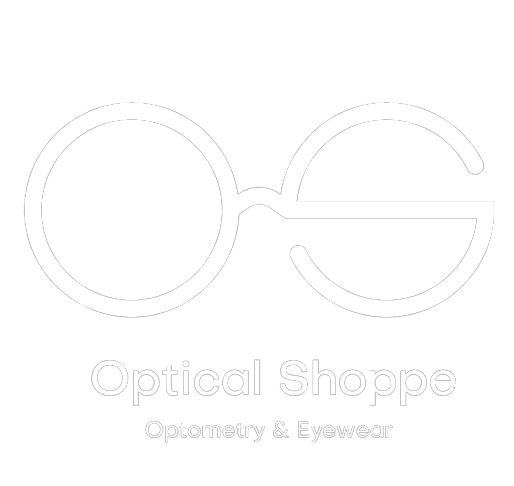Your Eyes Deserve Only the Best Treatment
Comprehensive Eye Exams
A comprehensive dilated eye examination generally lasts 30 to 60 minutes and consists of the following:
Medical and Health History: Your overall health, as well as that of your family, including high blood pressure, diabetes, smoking, and any medications you take.
Vision History: The date of your last eye exam, any eye disease that you or any family members have, previous eye treatments, surgeries, or injuries, your general health, and allergies.
Eye Health Examination: Testing the fluid pressure inside the eye, examining the external part of the eyes, and a dilated examination to look inside the eyes.
Refraction or Visual Acuity Testing: Determining the clarity of your reading (near) and distance vision.
Visual Field Testing: Surrounding and peripheral (or side) vision.
A comprehensive exam helps to diagnosis myopia (nearsightedness), hyperopia (farsightedness), astigmatism, and presbyopia just to name a few. These exams are recommended every 1-2 years.
Pediatric Eye Exams
Eye exams are important in the development of your child. Visual skills are essential for optimal learning, hand-eye coordination, depth perception and color vision.
The first eye exam should be at approximately 6 months of age with the next one at age 3 and another before entering first grade, approximately age 5 or 6. After first grade, regular exams should be done every other year, unless glasses or contacts have been prescribed. If eyesight correction is needed, a follow-up exam should be done every year or when suggested by your eye doctor.
Six months old might seem a little young to have an eye exam, but for correct development, a baby should be able to see as well as an adult. Depth perception, color vision, and the ability to focus should be well developed by six months.
A pediatric exam will include a health history, vision testing, testing eye alignment, eye health determination, and eyewear prescription if needed.
Some things you would need to mention would include:
- History of prematurity
- Delayed motor development
- Frequent blinking
- Excessive eye rubbing
- Poor eye tracking skills
- Inability to maintain eye contact
- Previously failed vision screenings
- Any eye disease or problems in the family
Contact Lenses Exam
A contact lens exam is not the same as a routine eye exam. It is a more in-depth exam to make sure that the contacts fit each eye correctly. Improperly fitting contacts can harm the health of your eyes.
Contact prescriptions are different from eyeglass prescriptions because eyeglasses are measured to provide corrected vision at approximately 12 millimeters from your eyes. Contacts are measured to provide corrected vision directly from the surface of your eyes.
Eye Emergencies
Our doctors are trained to diagnose and treat ocular emergencies such as red eyes, sore eyes, foreign body removal, lash removal and much more.
Laser Vision Correction Co-management
Vision correction surgery is also called refractory and laser eye surgery and is used to describe any surgical procedure that fixes vision problems. There have been major advances in refractory and laser eye surgery, allowing many people to have better vision. The best procedure for you depends on your health and eye conditions. Our doctors co-manage with surgical centers to help achieve the best procedure for your needs and health.
Treatment of Eye Diseases
Our doctors can treat many different eye diseases, including such diagnoses as cataracts, glaucoma, and macular degeneration.
Early detection of eye disease or the potential for eye disease is the best protection. Early treatment generally works better than treating a more advanced case.
Some most common eye diseases/conditions:
Cataracts: Clouding of the eyes. Visual correction can work in the beginning stages, but more advanced cataracts require surgery, and this has proven to be a very successful treatment.
Glaucoma: Build-up of fluid in the eye, causing damage of the optic nerve (which sends signals to the brain). Loss of this nerve tissue leads to loss of vision. Glaucoma can be treated with drops or surgery, but existing damage cannot be repaired.
Macular Degeneration: Damage of the retina, leading to loss of central vision, and one of the biggest causes of vision loss in adults over age 50. Depending on whether it is wet or dry macular degeneration, treatment could range from laser surgery or eye injections to low-vision optical devices.
Blepharitis: Very common eye inflammation, usually caused by bacterial infection.
